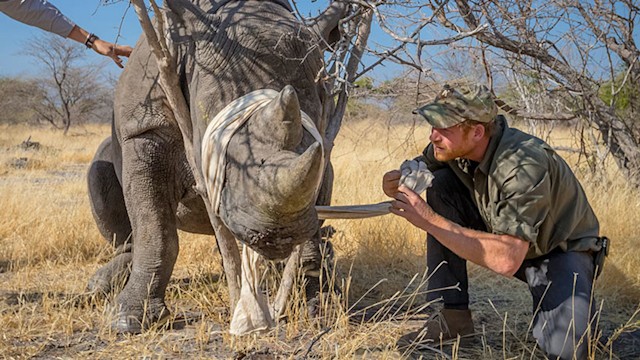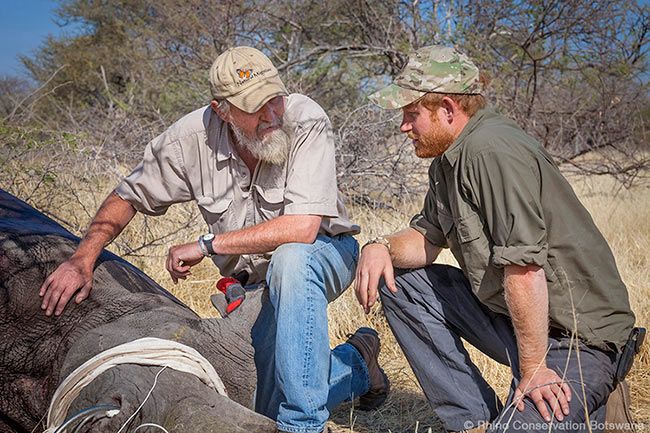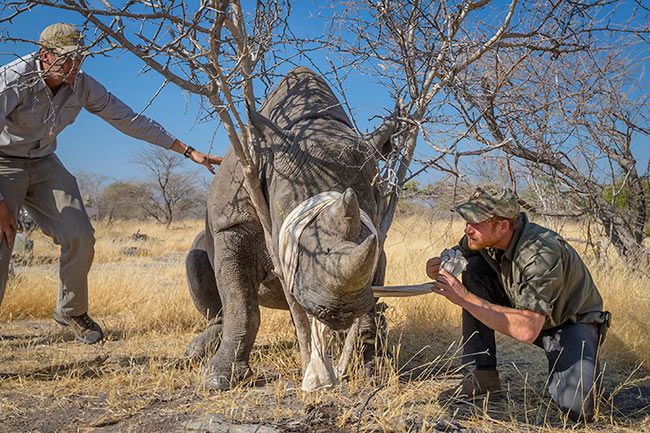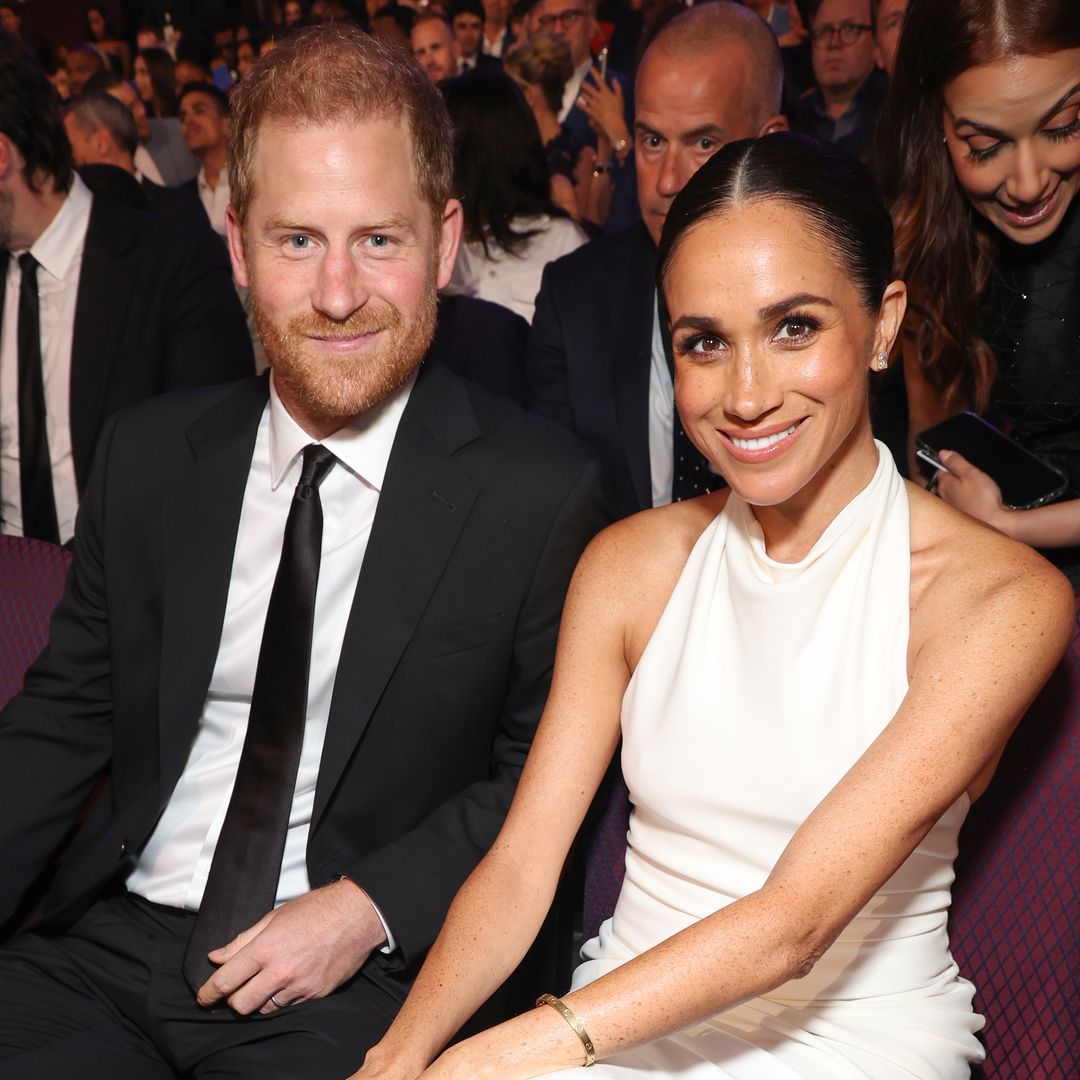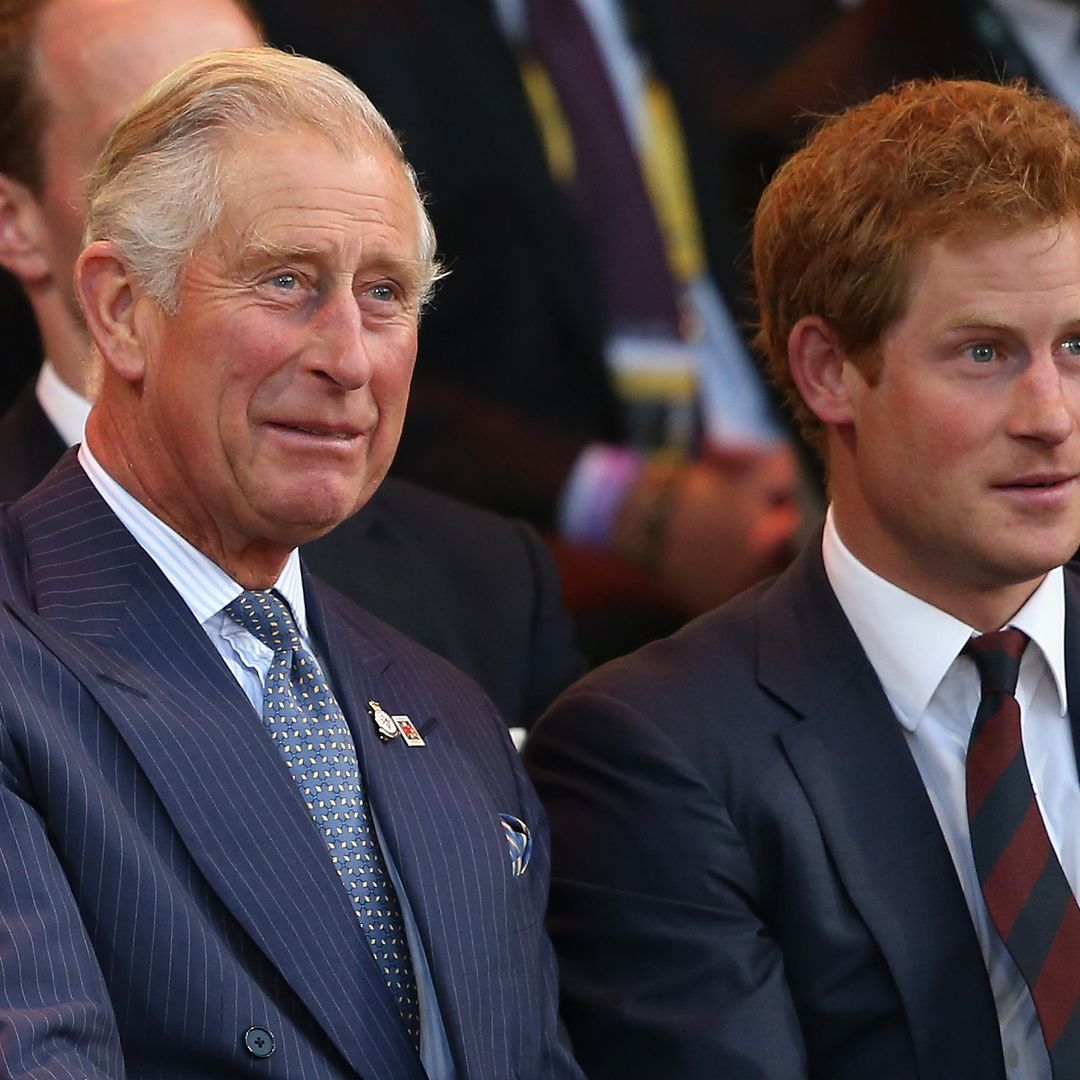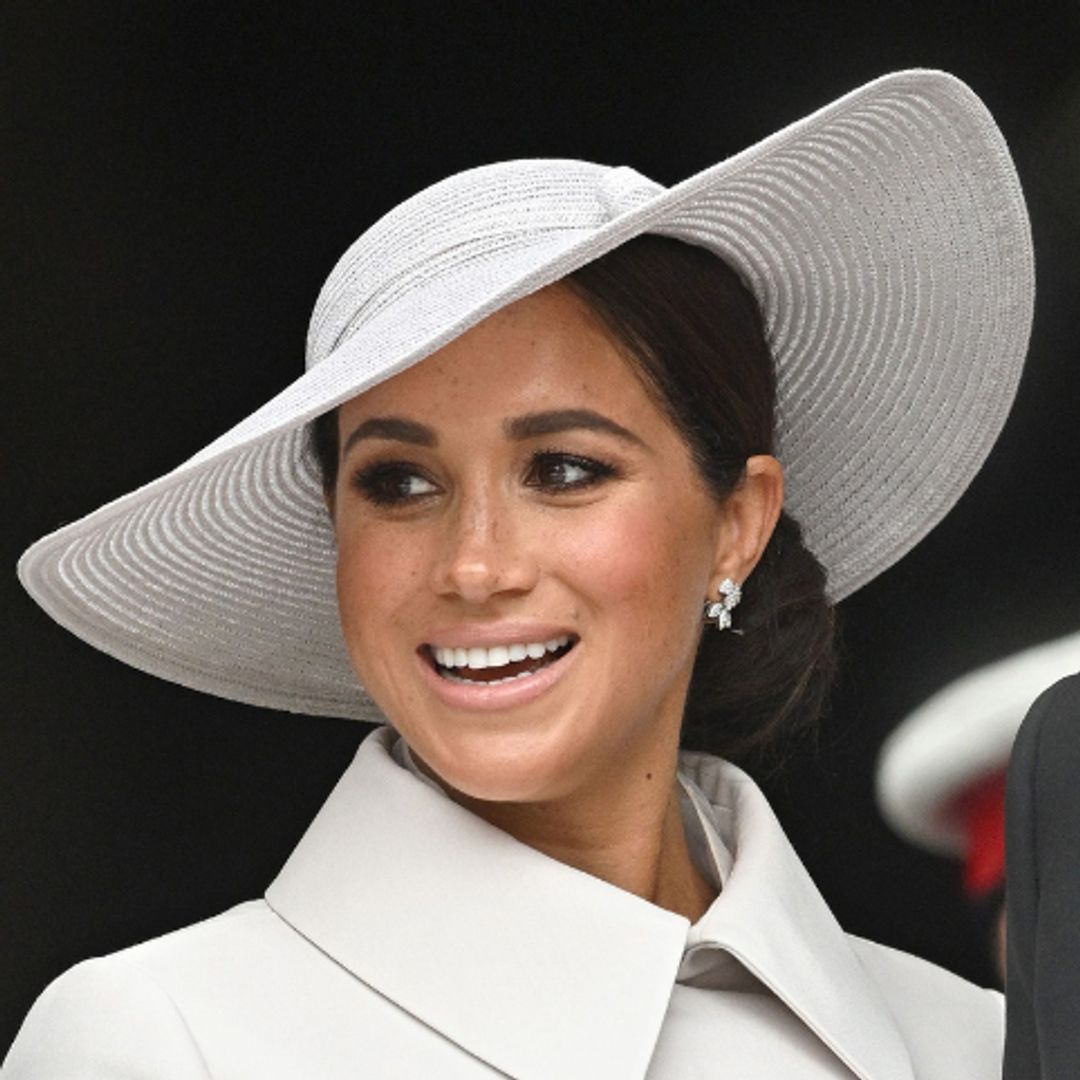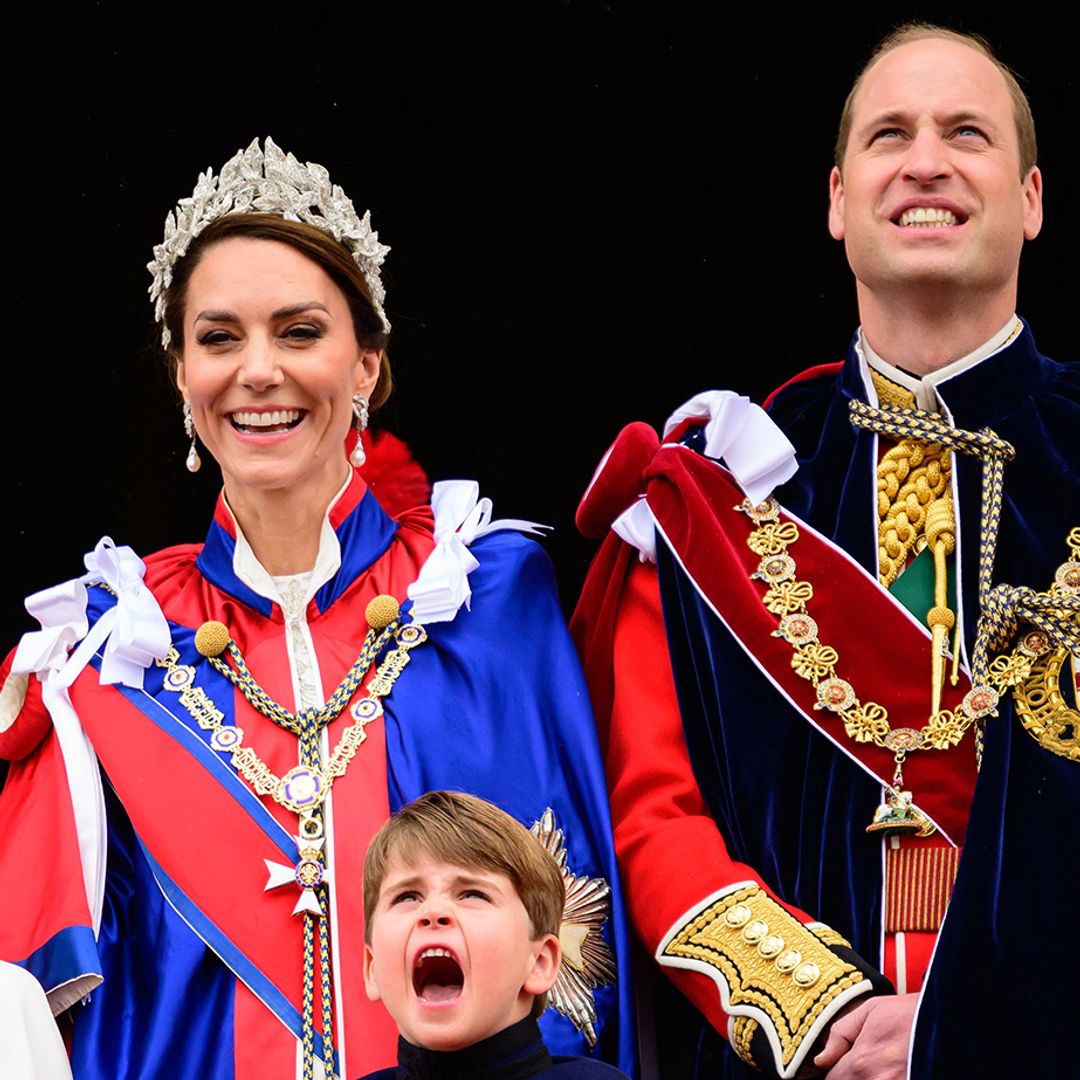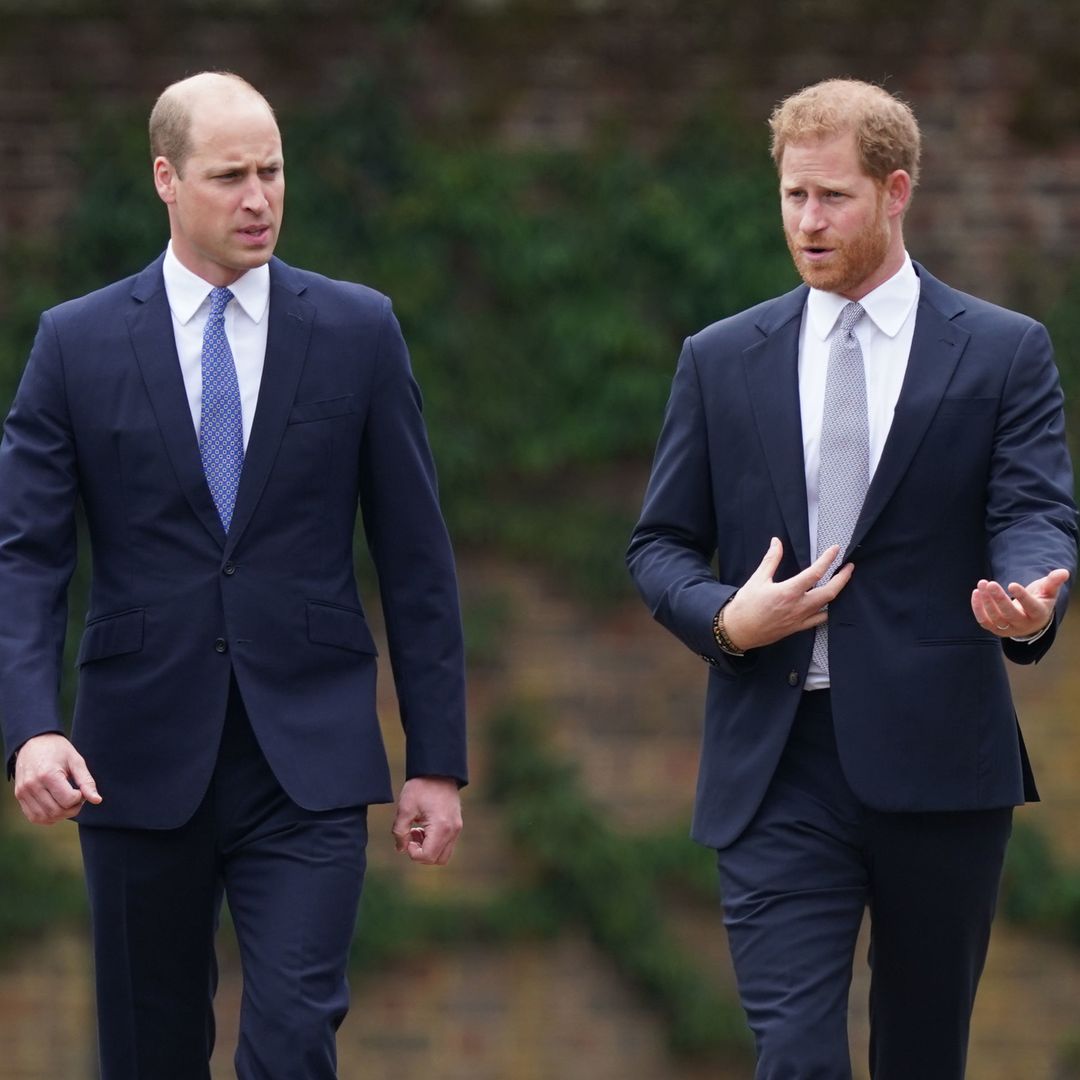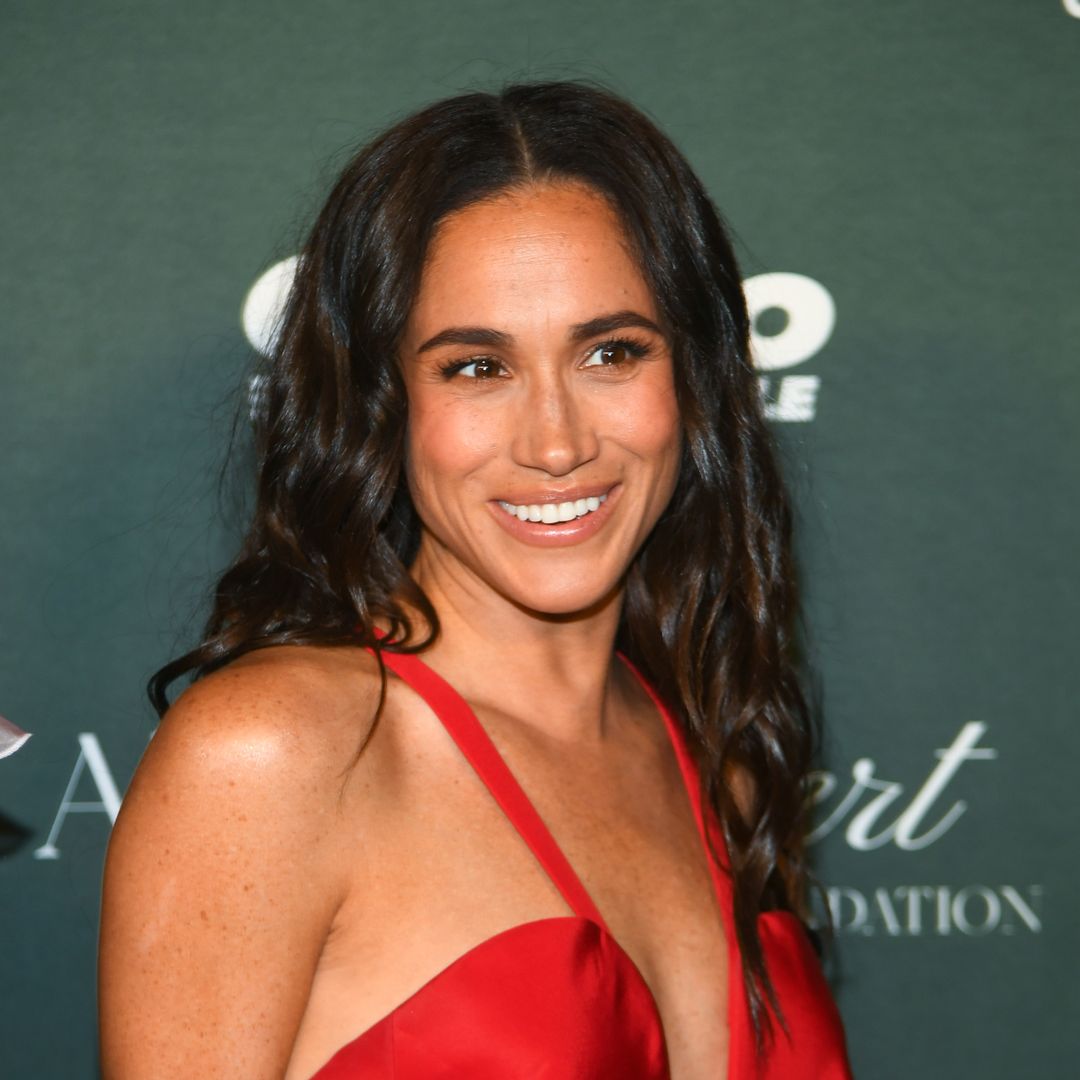A vocal advocate of the importance of conservation projects, Prince Harry has taken his dedication to the next level by becoming the new patron of Rhino Conservation Botswana (RCB). The 32-year-old has opened up about his new role, explaining that he hopes he will be able to "give something back" to Botswana.
"I’ve been lucky enough to visit Botswana for more than 20 years and am incredibly fortunate to be able to call it my second home," he said in a statement. "Being Patron of RCB is an opportunity to give something back to a country that has given so much to me."
Prince Harry is the new patron of Rhino Conservation Botswana
Harry worked closely with the RCB during a visit to Botswana in September, where he joined an operation which fitted electronic tracking devices to critically endangered black rhinos. Working as part of a small team, the British royal helped with a series of tasks including clearing thorn bushes from around the sedated animals, to monitoring their heart rates and keeping them cool with water.
In a short clip giving fans a glimpse into the project, Harry spoke passionately about the importance of helping the endangered species, adding that he found it "incredible special" to be up close to the animals.
Harry said he hopes to "give something back" in his new role
"The rhino is one of Africa’s most iconic species. This is a black rhino, an animal that deserves the utmost respect, so to be able to be sitting next to her is incredibly special," he said. "The black rhino has been reintroduced into Botswana and its numbers are increasing here, while numbers are decreasing elsewhere. If we can’t save these animals, what can we save?"
Prince Harry often takes trips to Africa, and recently opened up to Town and Country magazine about his relationship with the country. "This where I feel more like myself than anywhere else in the world," he admitted. "I wish I could spend more time in Africa."
Meghan Markle's boyfriend added: "I have this intense sense of complete relaxation and normality here. To not get recognised, to lose myself in the bush with what I would call the most down-to-earth people on the planet, people [dedicated to conservation] with no ulterior motives, no agendas, who would sacrifice everything for the betterment of nature… I talk to them about their jobs, about what they do. And I learn so much."
